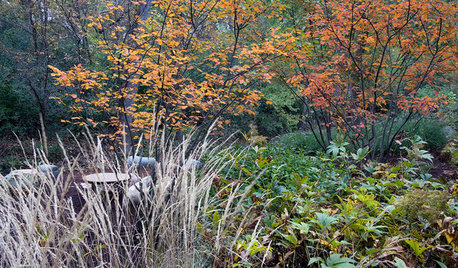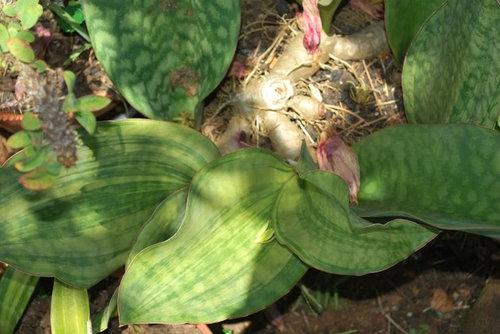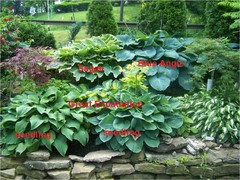Variegation from Round Up damage
RainforestGuy
12 years ago
Featured Answer
Sort by:Oldest
Comments (23)
Stush2049 Pitts. PA, zone 6
12 years agoMichaela
12 years agoRelated Professionals
Tempe Landscape Architects & Landscape Designers · Beachwood Landscape Architects & Landscape Designers · Lyons Landscape Architects & Landscape Designers · Garden City Landscape Architects & Landscape Designers · Azalea Park Landscape Contractors · Clayton Landscape Contractors · Crystal Landscape Contractors · Fort Worth Landscape Contractors · Los Banos Landscape Contractors · Welby Landscape Contractors · Whittier Landscape Contractors · Winchester Landscape Contractors · Four Corners Landscape Contractors · Eagle River Window Contractors · Graham Window ContractorsRainforestGuy
12 years agoStush2049 Pitts. PA, zone 6
12 years agonorma_2006
12 years agowoodnative
12 years agoRainforestGuy
12 years agowoodnative
12 years agoRainforestGuy
12 years agoStush2049 Pitts. PA, zone 6
12 years agowoodnative
12 years agoilovetogrow z9 Jax Florida
12 years agoStush2049 Pitts. PA, zone 6
12 years agonorma_2006
12 years agoStush2049 Pitts. PA, zone 6
12 years agowoodnative
12 years agoStush2049 Pitts. PA, zone 6
12 years agogregory bivens
2 years agogregory bivens
2 years agolast modified: 2 years agogregory bivens
2 years agoStush2049 Pitts. PA, zone 6
2 years agogregory bivens
2 years ago
Related Stories

HOUSEKEEPINGProtect Your House From Winter Water Damage
Avoid costly repairs by learning to spot potential problem areas before water damage is done
Full Story
BATHROOM DESIGNWater Damage Spawns a Space-Saving Bathroom Remodel
A game of inches saved this small New York City bathroom from becoming too cramped and limited
Full Story
LAUNDRY ROOMSSoak Up Ideas From 3 Smart Laundry Rooms
We look at the designers’ secrets, ‘uh-oh’ moments and nitty-gritty details of 3 great laundry rooms uploaded to Houzz this week
Full Story
DIY PROJECTSHow to Fix Up a Thrifted Lamp
Save money and earn DIY cred by rewiring and snazzing up a damaged lamp you scored on the cheap
Full Story
INSPIRING GARDENSFrom Concrete Lot to Gracious Organic Garden in Seattle
Plants, pests and even weeds have a place in this landscape, which offers an edible bounty and a feast for the eyes
Full Story
LAUNDRY ROOMSGet More From a Multipurpose Laundry Room
Laundry plus bill paying? Sign us up. Plus a potting area? We dig it. See how multiuse laundry rooms work harder and smarter for you
Full Story
PORCHESRoom of the Day: A Colorado Porch for Year-Round Enjoyment
New windows, insulation and other upgrades turn this sun porch on a 1914 stone house into a 4-season room
Full Story
BATHROOM DESIGN15 Ways to Warm Up Your Bathroom for Winter
Keep the chill away in body and spirit with everything from warm colors to high-end bathroom features
Full Story
GARDENING GUIDES8 Native Shrubs for Year-Round Bird Feeding
It’s not just about berries. These plants provide insects for birds and seasonal interest for gardeners
Full Story
COLORMarch Into Year-Round Chic With 15 Twists on Red, White and Blue
Parade your patriotism and your style sophistication with new looks for a classic color trio. Drumroll, please ...
Full StoryMore Discussions











Stush2049 Pitts. PA, zone 6